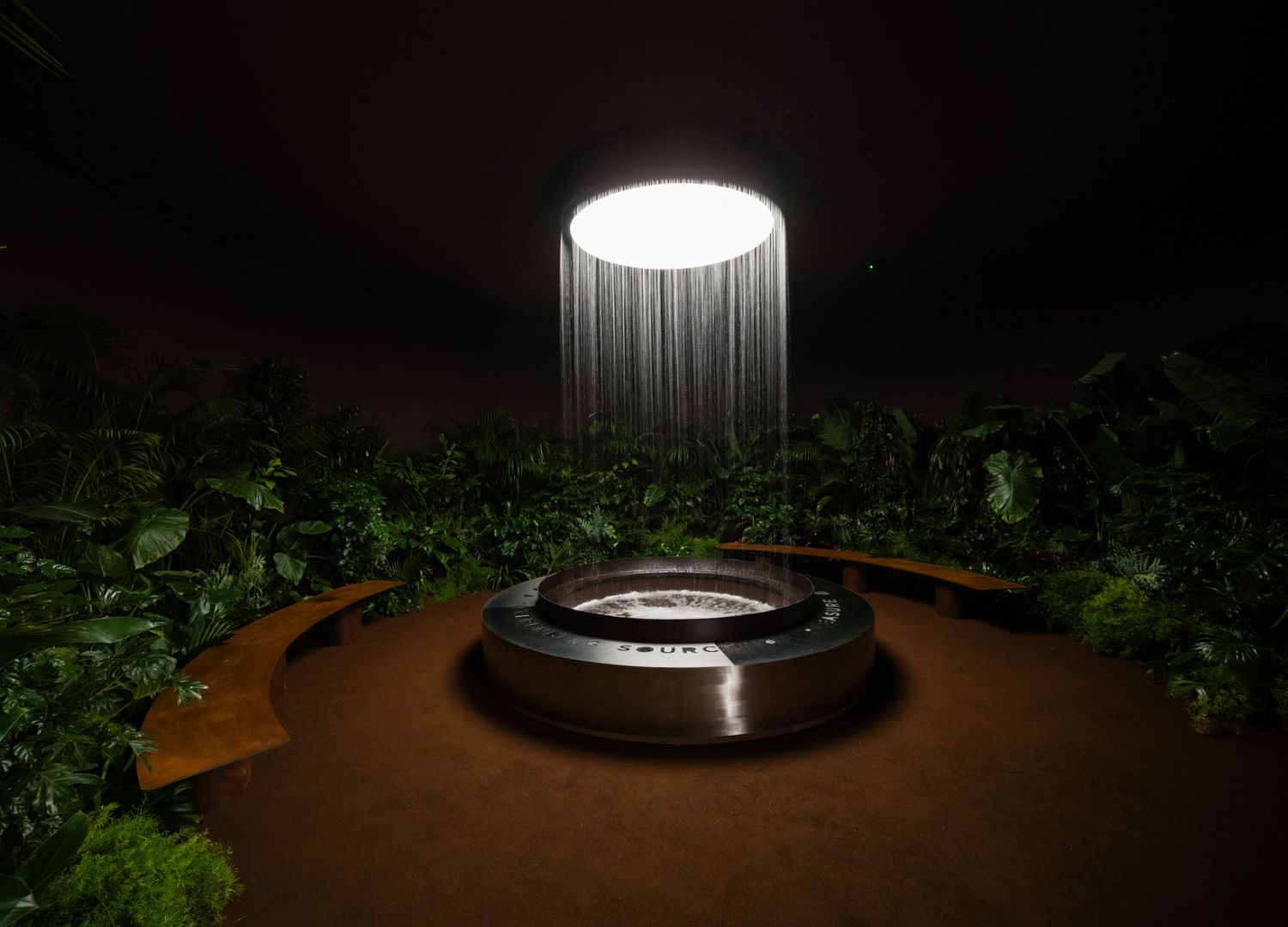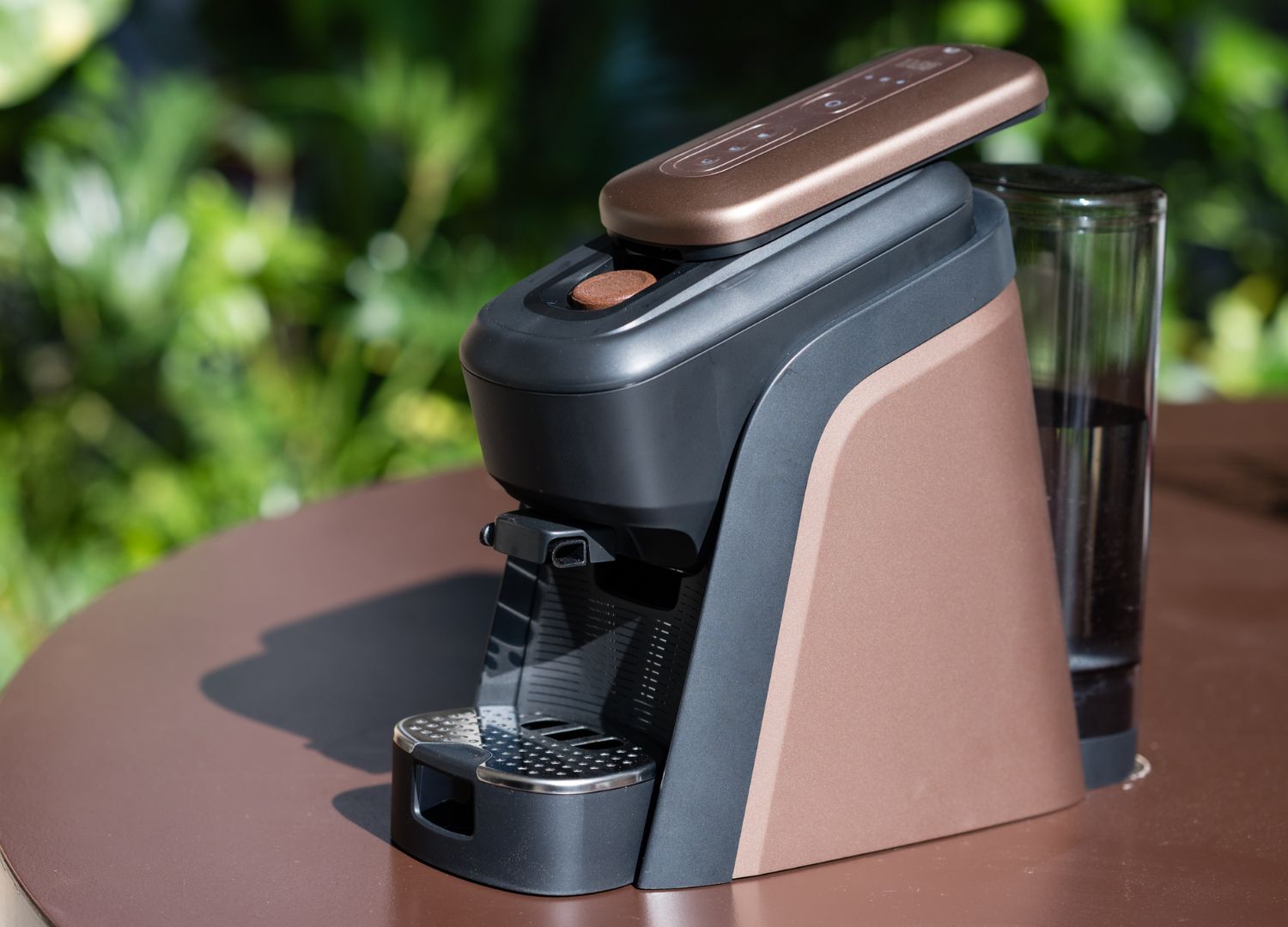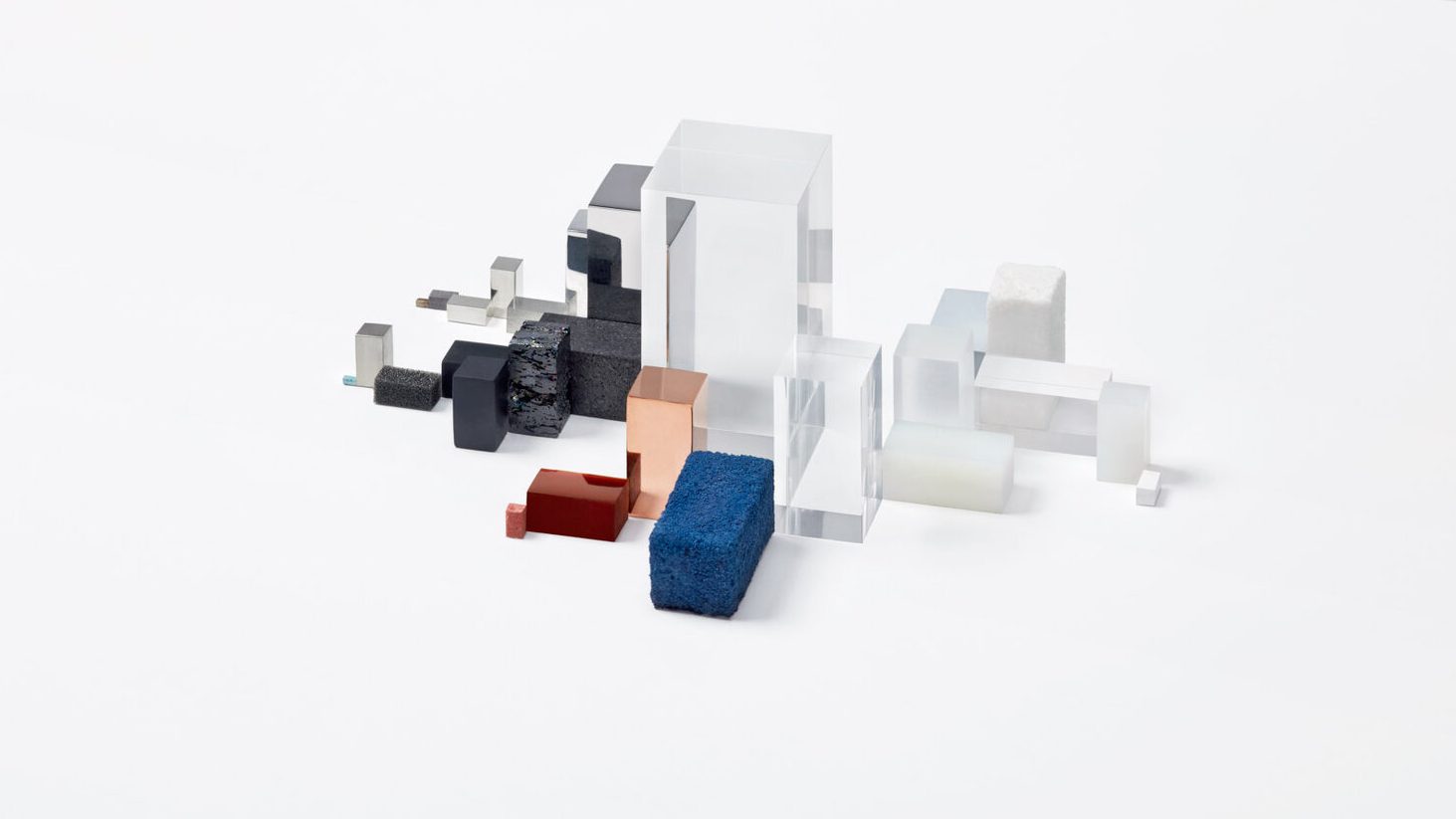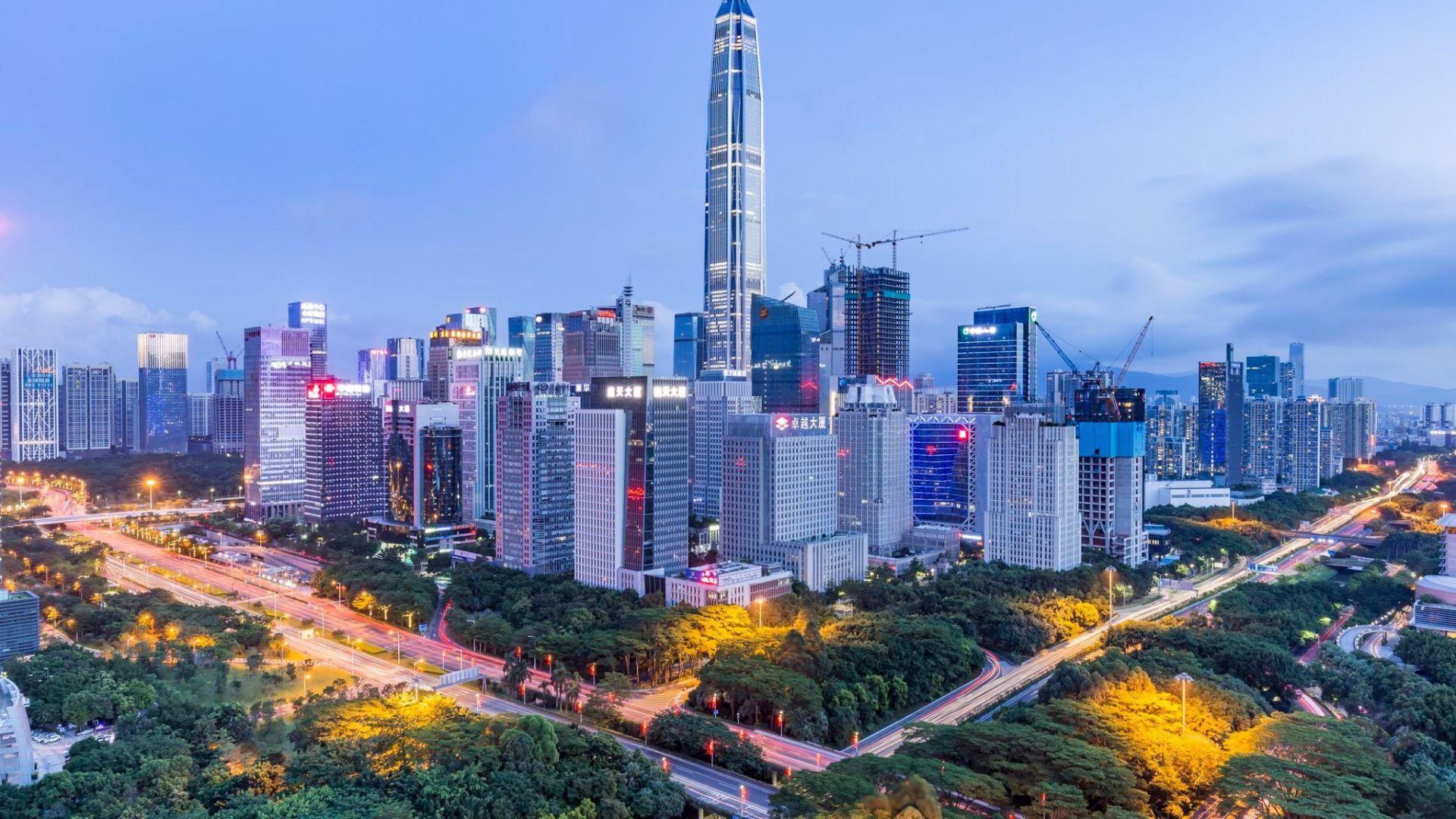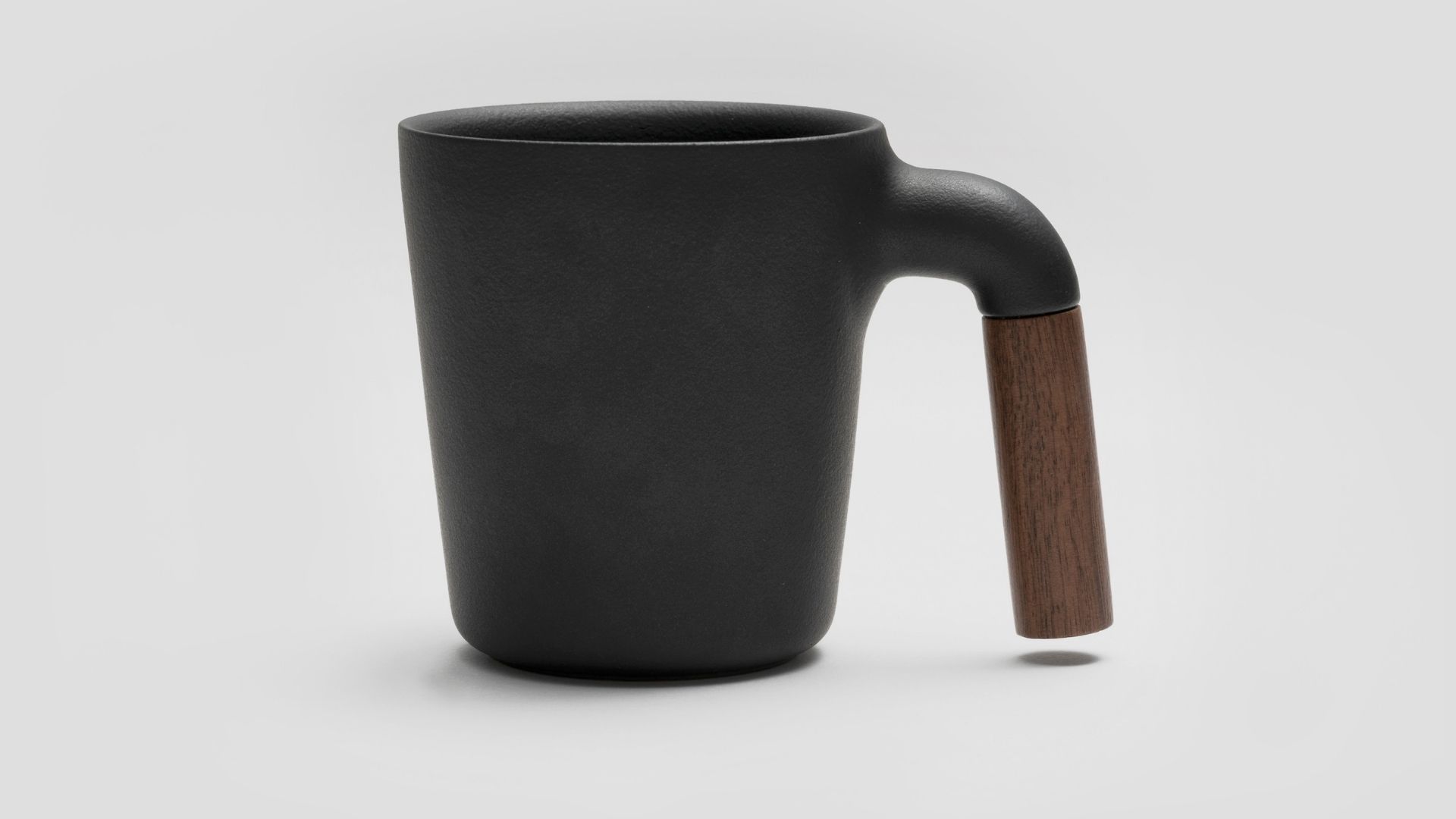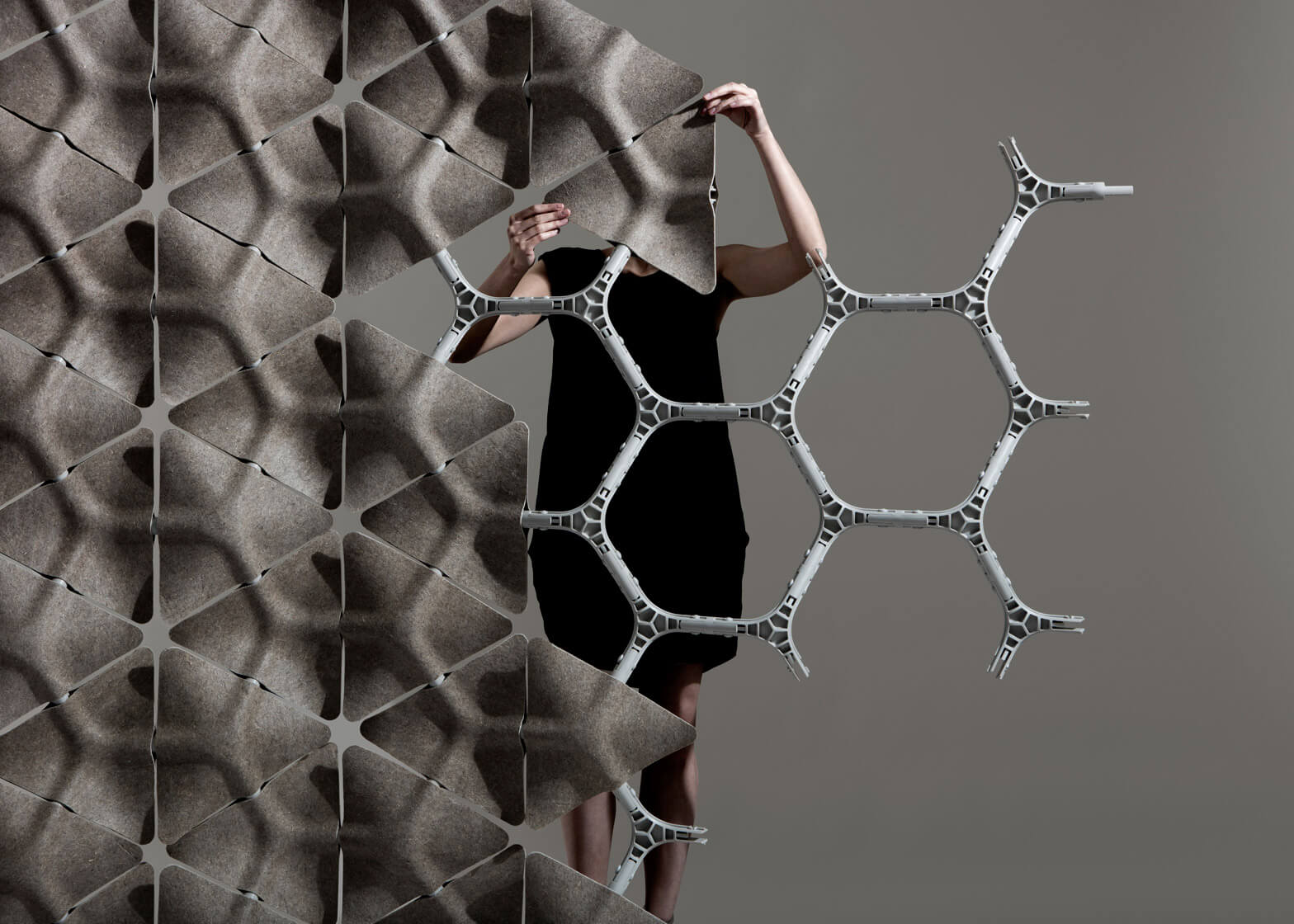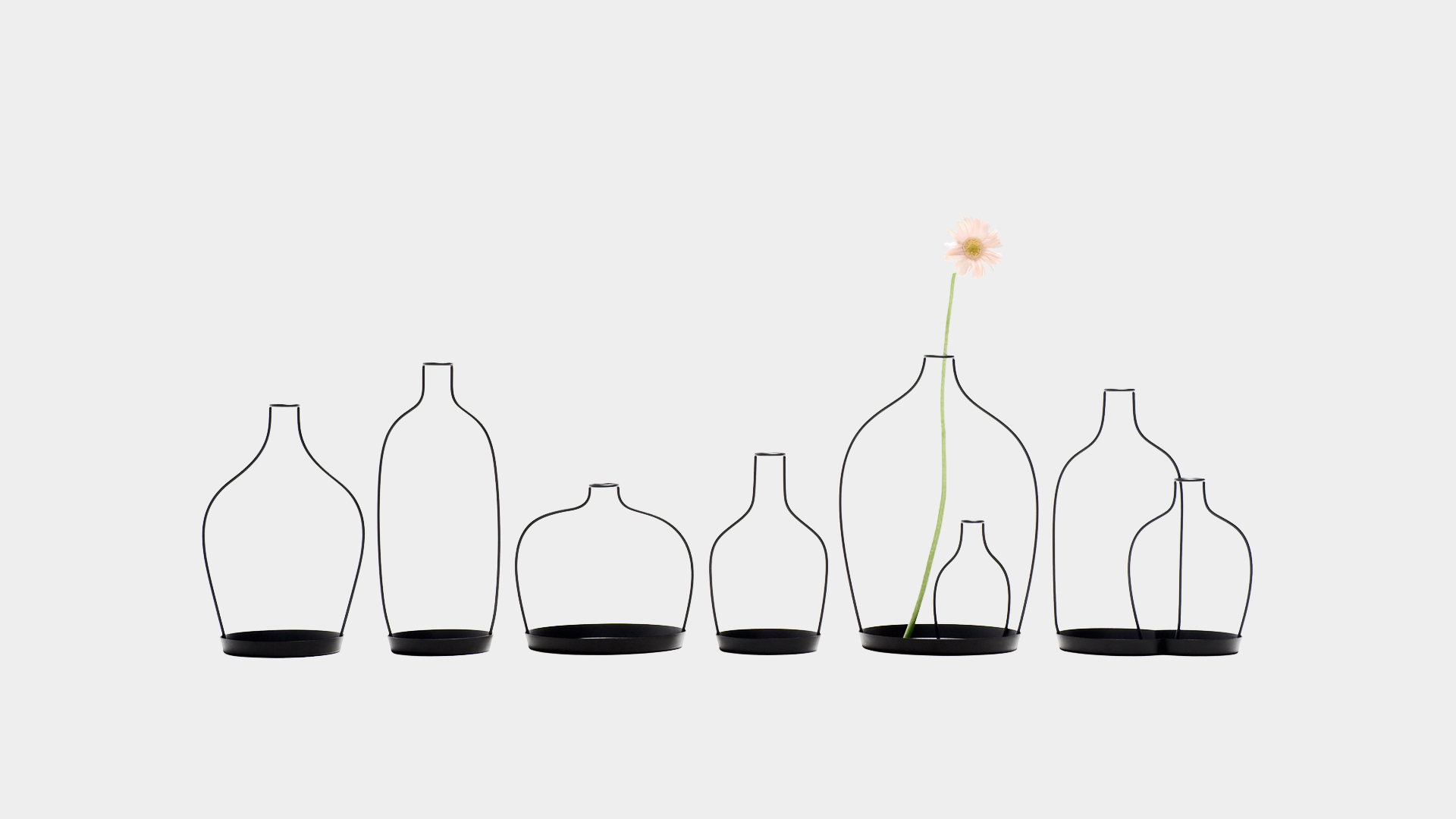Tablì eliminates traditional waste by making the capsule entirely out of coffee
Unveiled through the immersive Lavazza’s installation Source of Pleasure, Tablì is much more than a design object or a technological gadget. It’s a tangible vision of the future.
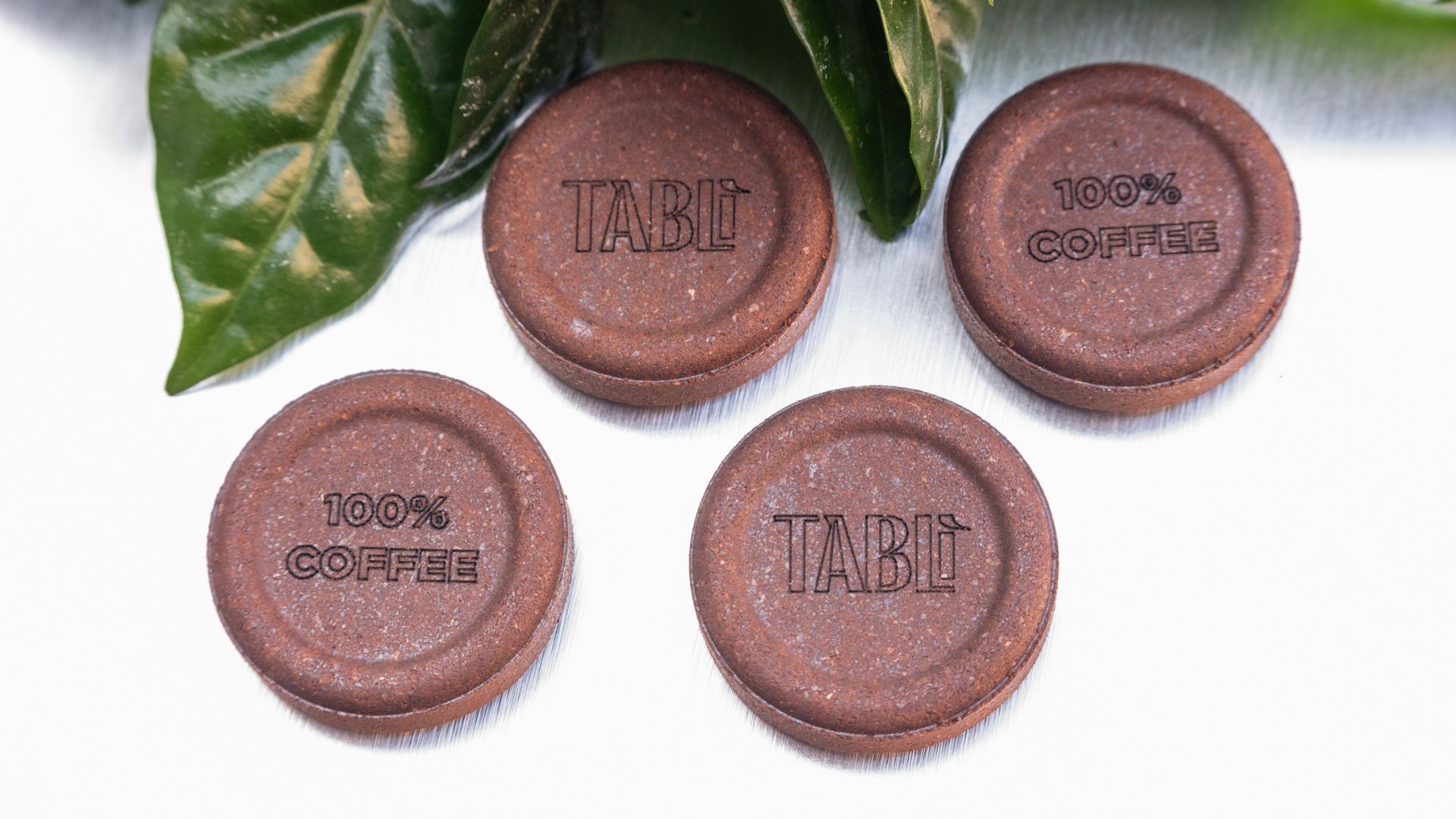
To introduce this innovation, Lavazza chose the international stage of Milan Design Week, partnering with Juliana Lima Vasconcellos to create an installation that would reflect the spirit of Tablì. Set in the majestic courtyard of the Palazzo del Senato, the site-specific work, Source of Pleasure, was conceived as a sensorial journey through the world of coffee — past, present, and future.
The installation was designed as a circular, almost sacred space, evoking the ritualistic and introspective aspects of coffee culture. It guided visitors through three distinct moments: an immersive tunnel that stimulated the senses; a sculptural water fountain paying tribute to the raw essence of coffee; and finally, a serene, luminous lounge where the Tablì experience was unveiled in all its form and function.

For Vasconcellos, a native of Brazil — the world’s largest coffee-producing country — the project was deeply personal. “Coffee is more than a drink. It’s a ritual, a source of energy, a daily moment of pleasure. I wanted to create a space that embodied those feelings — a space that invites reflection, delight, and discovery.”
Coffee, reinvented from the ground up
The idea behind Tablì is radical in its simplicity: a tab made entirely of coffee, without plastic, aluminum, or even compostable packaging. No capsule, no shell — just pure, compressed coffee, engineered to deliver a rich, full-bodied sensory experience when paired with a specially developed machine. Unlike conventional systems that rely on synthetic or recyclable materials, or even recent bioplastics marketed as “eco,” Tablì offers a true zero-waste alternative.

Once brewed, the entire tab disintegrates naturally — leaving behind only the coffee grounds themselves. In an era where greenwashing has become common currency, this is not a minor detail. Tablì doesn’t aim to be “better” than other capsules — it wants to eliminate the very idea of the capsule altogether.
As Carlo Colpo, Group Marketing Communication and Brand Home Director at Lavazza, puts it: “Tablì represents the future of coffee in the single-serve category. It’s the result of five years of R&D, more than 15 patents, and a deep commitment to innovation that balances performance and environmental integrity.”

Why Tablì is a true industry disruptor
It’s no secret that the coffee capsule market has a sustainability problem. Billions of single-use pods are discarded globally every year, many of which are difficult to recycle or require industrial composting facilities that remain inaccessible in most cities. Even alternatives touted as “eco-friendly” often fall short in practice — requiring careful sorting, specialized machines, or compromising on taste. Tablì, on the other hand, addresses the issue at its core: it removes the need for any non-coffee material whatsoever.
This seemingly simple shift could have major implications. By eliminating packaging waste, Tablì directly tackles one of the biggest environmental pain points in the industry. And by offering a consistent, high-quality brew through its dedicated machine, it ensures that performance and sustainability don’t have to be at odds. It’s an approach that reflects Lavazza’s 130-year legacy of innovation — from pioneering coffee blends to serving the first espresso in space — and reaffirms its commitment to marrying Italian craftsmanship, technology, and environmental stewardship.

Toward a new coffee culture
Tablì isn’t just an innovation in form or function — it’s a provocation. It challenges us to rethink the systems we’ve accepted for years: the waste we produce, the compromises we make for convenience, and the rituals we enact every morning without question. By reimagining the very structure of the coffee capsule, Lavazza is inviting designers, technologists, and consumers alike to envision a future where sustainability is not an afterthought — but the starting point. And as Milan Design Week made clear, that future is not far off.




